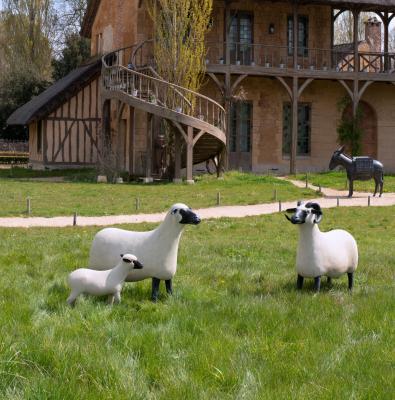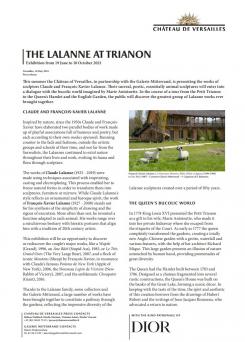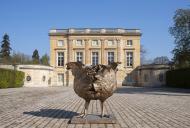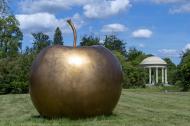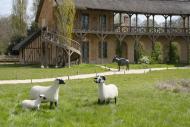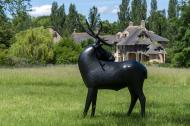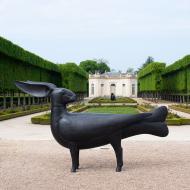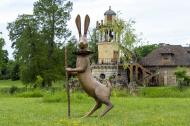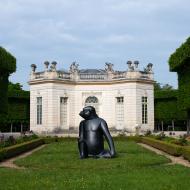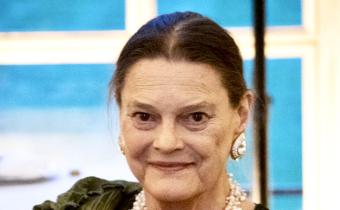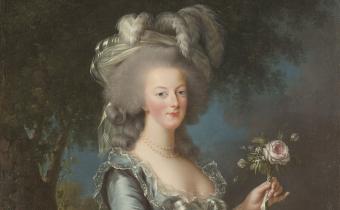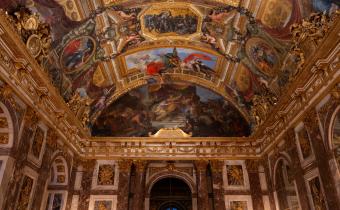Claude and François-Xavier Lalanne
Inspired by nature, since the 1950s Claude and François-Xavier have elaborated two parallel bodies of work made up of playful associations full of humour and poetry, but each according to their own modus operandi. Running counter to the fads and fashions, outside the artistic groups and schools of their time, and not far from the Surrealists, the Lalannes continued to extol nature throughout their lives and work, evoking its fauna and flora through sculpture.
The works of Claude Lalanne (1925 - 2019) were made using techniques associated with imprinting, casting and electroplating. This process enabled her to freeze natural forms in order to transform them into sculptures, furniture or mirrors. While Claude Lalanne's style reflects an ornamental and baroque spirit, the work of François-Xavier Lalanne (1927 - 2008) stands out for his synthesis of the simplicity of drawing and the rigour of execution. More often than not, he invented a function adapted to each animal. His works range over a mischievous bestiary with hieratic postures that align him with a tradition of 20th century artists.
This exhibition will be an opportunity to discover or rediscover the couple's major works, like a Wapiti (Grand), 1996, an Âne Bâté (Stupid Ass), 1985, or Le Très Grand Ours (The Very Large Bear), 2007, and a flock of iconic Moutons (Sheep) by François-Xavier, in resonance with Claude's famous Pomme de New York (Apple of New York), 2006, the Nouveau Lapin de Victoire (New Rabbit of Victory), 2007, and the emblematic Choupatte (Giant), 2016.
Thanks to the Lalanne family, some collectors and the Galerie Mitterand, a large number of works have been brought together to constitute a pathway through the gardens, reflecting the impressive diversity of the Lalanne sculptures created over a period of fifty years.
The Queen's bucolic world
In 1774 King Louis XVI presented the Petit Trianon as a gift to his wife, Marie Antoinette, who made it into her private hideaway where she escaped from the etiquette of the Court. As early as 1777 the queen completely transformed the gardens, creating a totally new Anglo-Chinese garden with a grotto, waterfall and various features, with the help of her architect Richard Mique. This large garden presents an illusion of nature untouched by human hand, providing promenades of great diversity.
The Queen had the Hamlet built between 1783 and 1786. Designed as a chateau fragmented into several rustic constructions, the Queen's House was built on the banks of the Great Lake, forming a scenic décor. In keeping with the taste of the time, the spirt and aesthetic of this creation borrows from the drawings of Hubert Robert and the writings of Jean-Jacques Rousseau, who advocated a return to nature.
With the kind patronage of :


